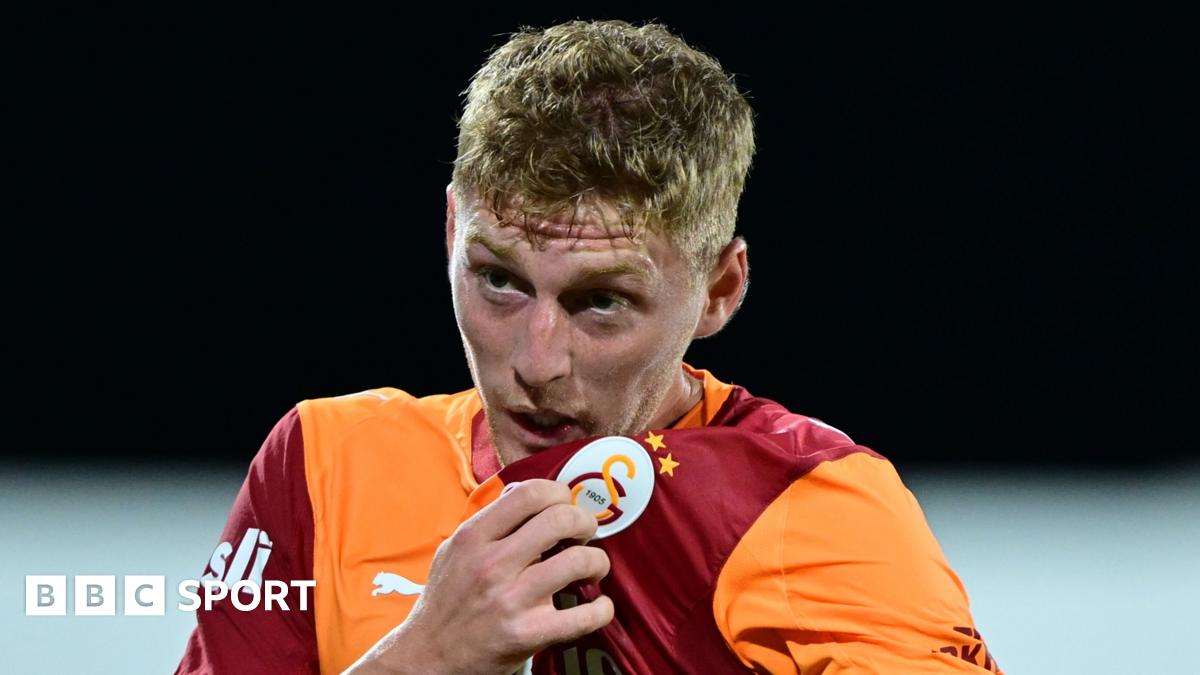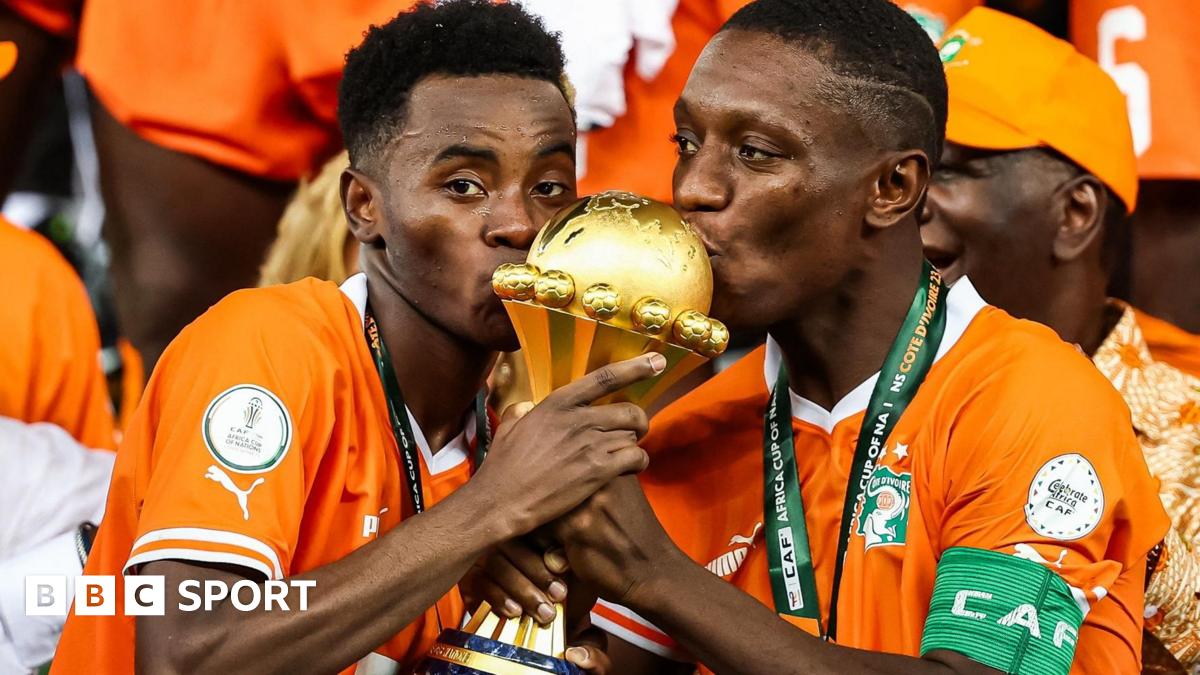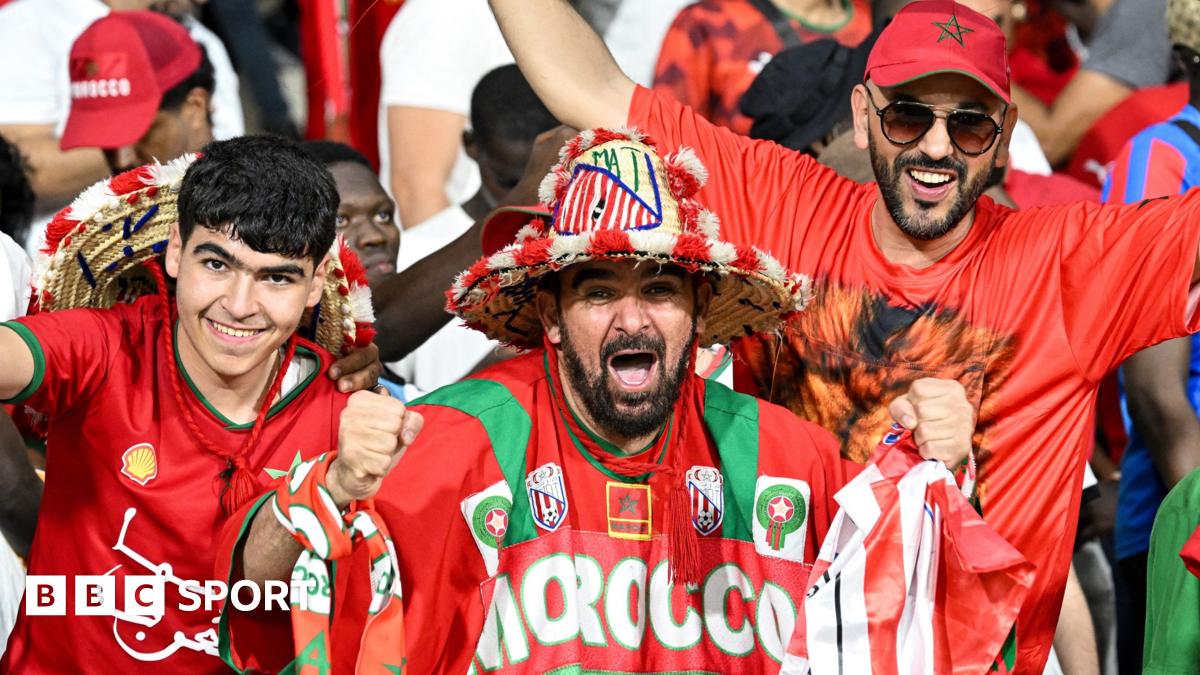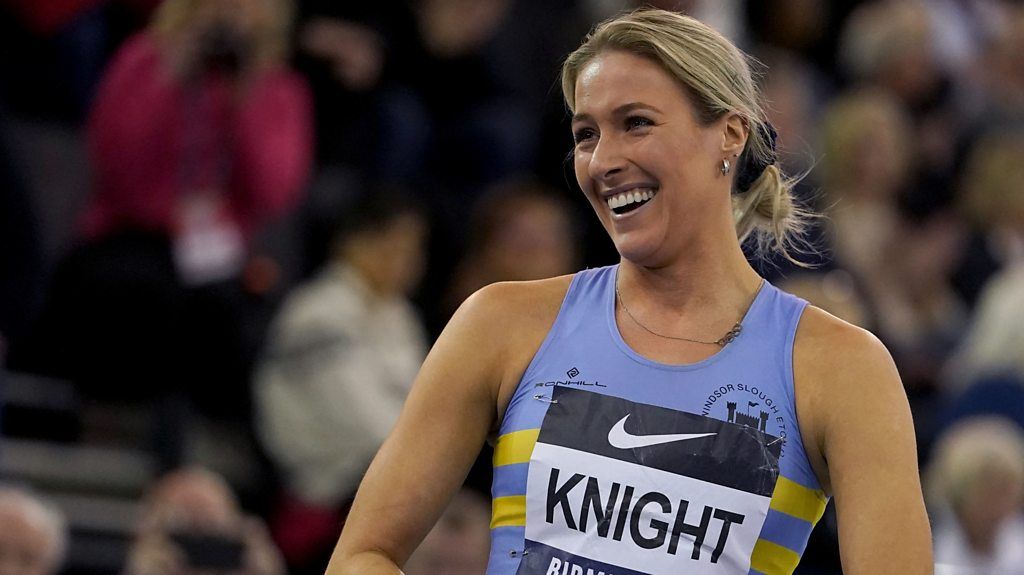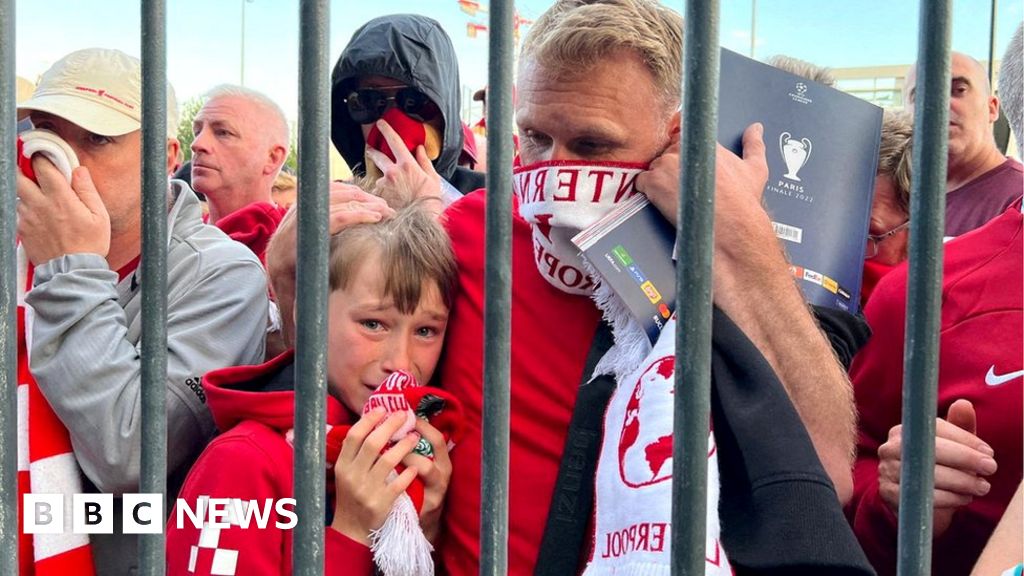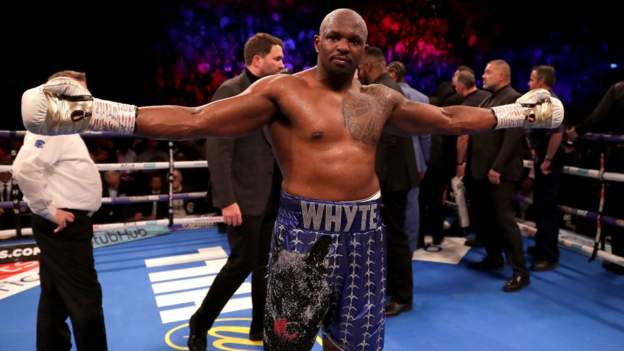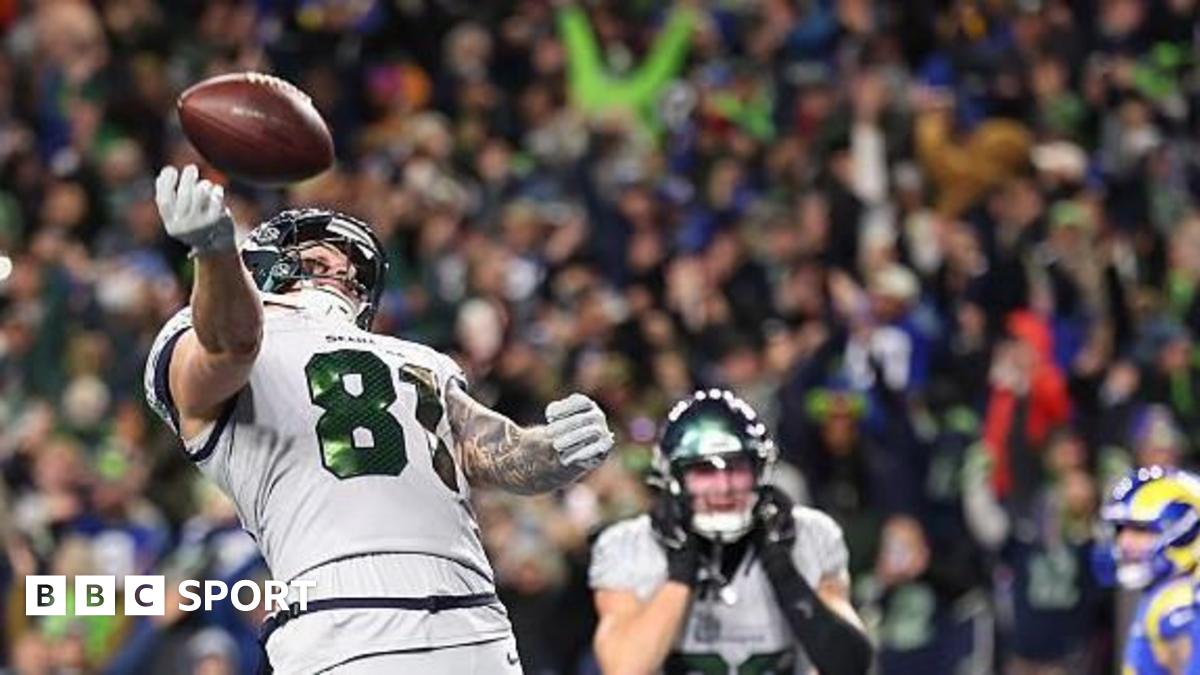“It was a deafening sound, something I had never heard before. They were flying really low so I just assumed, ‘that’s it, they’re going to attack us’,” Lucas Rangel told BBC Sport.
They didn’t, but he cannot forget the first time he witnessed Russian fighter jets.
It was late at night on 24 February and, along with a couple of priests, the Brazilian forward had decided to flee the eastern Ukrainian city of Poltava in an attempt to reach the Polish border.
It was still early in the trip when Rangel checked his phone. While still recovering from the shock, he saw a message that had been forwarded by a friend.
The 27-year-old was intrigued to say the least.
It was from Brazilian travelling influencer Anderson Dias, who found himself in the United States and was desperately seeking help to get his Ukrainian mother-in-law, Tetiana Sukhoparova, out of the country.
“I’ve got a private plane ready to rescue 14 people from Ukraine,” Dias, who has 1.4m Instagram followers, wrote on social media. “One of those seats is for the mother of my girlfriend, so there are 13 other places left. If anyone knows the footballers who want to leave there, please let me know! I just need someone to get her by car from her town.”
Earlier that day a picture had circulated on social media of Brazilian players at Shakhtar Donetsk and Dynamo Kyiv stranded at a hotel in Kyiv.
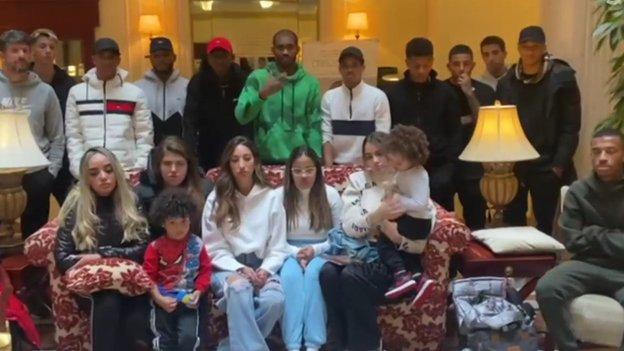
Dias had posted his message at around 9pm.
Rangel was not one of those in the Kyiv picture. But, three hours later, already had the 52-year-old Sukhoparova with him and was prepared to hit the road again, this time all the way to Krakow in Poland, where a flight to the Portuguese city of Porto awaited them.
Dias recalls: “As soon as I made that post, I received a lot of messages, but most of them were not very helpful because they came from people who were nowhere near Kremenchuk, where my mother-in-law lived.
“But then someone mentioned Lucas to me and passed me his number. We spoke briefly and he agreed to help right away. He’s the real hero of this story.”
Fortunately, the Vorskla Poltava player was nearby when he got the message, having had to drive only 20 minutes back from where he was.
“It was the right thing to do,” said Rangel. “I didn’t doubt it for a second. We set up a WhatsApp group and remained in touch until the end. I was sending pictures and our location the whole time.”
They were supposed to get to the western city of Lviv in 13 hours, but eventually made it in 30.
The fear of death never left them along the way.
They saw the Ukrainian army heading in the opposite direction to Kyiv multiple times and were afraid they could end up being hit by a Russian missile. It was impossible to relax.
“How can you do that when you have a tank in your rear-view mirror?” Rangel added. “That’s something I never thought I would go through. We watch those war movies and sometimes cry with them, but it’s very different to be in one of them. It’s so intense that you can’t even afford to cry.
“It felt like we were in a horror movie and, to make matters worse, blindfolded because you never know what will happen next.”
And so the only thing they could do was keep driving.
They did so until they no longer could, having had to walk the last 25km in temperatures of -11C.
After five hours, they got to the Polish border, but could not cross it right away. They were left desperate on the first night when they ran out of wood at around 1am and could not make a fire to warm them up.
“Besides that, we barely had any food, too. I had to give my own to Tetiana because she needed it more than me,” Rangel explained. “We hadn’t slept for three days and were feeling really tired, so at some point we decided to look for a coach that would let us in.”
They tried many coaches and eventually found one that accepted them, but first the driver asked for a $1,000 (£762) payment.
It was no issue, so they paid and had a quiet night. As a matter of fact, too quiet as the coach hadn’t moved after 10 hours.
Rangel and his friends had got the rest they needed and so decided to walk again to the border. Sukhoparova, on the other hand, chose to stay on the coach and wait there.
They would all make it to Poland in the early morning of 28 February and meet again the next day in Krakow. From there, they headed to Katowice airport where they would finally board the private jet that, until then, had been only a promise made through social media.
But it was there in the end.
The rescue mission had a high cost, including 25.000 euros in fuel, and was entirely paid for by Leonardo Freitas, a US-based Brazilian businessman who borrowed the plane and organised the flight. He and Dias are business partners.
“He was there for us since the first moment,” Dias said.
“It was obviously great to have him in our corner, but it also made me wonder that if my mother-in-law still had such a bad time leaving Ukraine with all the resources we had, imagine what other people have to face there.
“It’s definitely not easy, but she’s now safe in Porto and waiting for her visa to come to the US.”
Rangel, meanwhile, has now returned to Brazil and spending time with his family in his hometown of Alvorada.
He wants to leave the Ukrainian side he joined only last year – and has already received offers from other countries.
“I’ve had a lot of interest from Finland, where I played for a few years, but the most lucrative bid was from Kazakhstan,” revealed Rangel.
“Despite that, I said no to them. The political situation is very complicated there and I don’t want to go through another war again. Not in this life at least.”



